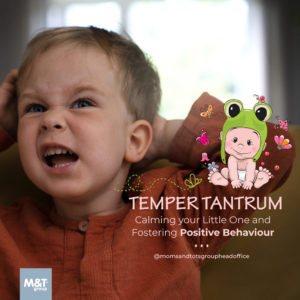As a Teacher and Mom I have realised that words can make an enormous difference in a child’s outlook of life. Often we think that the words that come out our mouth don’t impact a child. However, studies have shown that the words you use hold immense power. Power to ignite your confidence and self-esteem, and power to make you feel anxious and inadequate. Power to create opportunities and power to shut them down. We know this because words are powerful. Words are influential. Words can change us.
I’m sure we can all recall something that someone said to us that either built your self-esteem or broke it down. The impact of our words are everlasting, and unlike bruises they make an imprint on our hearts that last. The power of a Teacher or Parent’s words shape our children into who they become and how they see themselves.
Words are a gift to us as parents, teachers, or anyone that has the privilege of working with children. Words make it possible to fill our children with truths that they will not hear from anyone else. Our words can build trust, self-worth, and value in a child. In the times of today we need to be so conscious of preparing our children so that they can face their future with confidence.
I have also realised that our tone, body language and facial expressions play a vital role in the message we are trying to get across. Let’s face it adults are scary, especially when we are standing up over a child and speaking. An example of this is finger pointing. This usually happens when we are trying to reinforce a rule or we lose our patience. We are the adults and need to be mindful of the negative effects this has on a child. This form of behaviour from an adult is rude and belittles a child and their right to be respected. It also shows that we are trying to earn respect that we haven’t earned. We need to be reminded that in order for children to respect us, we need to model this behaviour to them.
In the words of Robin Williams “No matter what people tell you, words and ideas can change the world.”
Try apply these tips to enrich your communication with your child:
- Kneel down and speak to your child face to face. You will be surprised at how much more your child actively listens and responds.
- Be aware of eye contact and engage with the child as you are speaking to them.
- Empathise with your child. Let them know that you understand how they feel and validate their emotions.
- Help them to understand what they are feeling. They are learning about their emotions from us as adults. They also dont know how to deal with their emotion when they experience it. They
need you. - Focus on your body language and tone as well as words so you can really understand what children are saying.
- Take into account what children of different ages can understand and how long they can pay attention in a conversation.
- Set aside time for talking and listening to each other. Family meals can be a great time to do this. Some tips to encourage all around the table to talk and express themselves.
- Take note of your child’s body language. E.g. if your child looks gloomy after you have collected him, ask him if anything happened in his day that he would like to talk to you about.
- Emphasise the importance of honesty by encouraging and supporting your child to tell the truth – and praising her when she does. And by being honest yourself!
- Powerful words. Things you can say to your child daily: you are loved, I think about you when we are apart, you are clever, you are kind, you are special, I know you can do this, I believe in you.
Aimee Willis-Dixon
https://annvoskamp.com/2017/03/in-times-like-now-how-our-words-impact-our-children/In
Times Like Now: How Our Words Impact Our Children
https://www.success.com/your-words-are-powerful-8-positive-speaking-habits-to-build-yourself-up/
Your words are powerful
https://raisingchildren.net.au/toddlers/connecting-communicating/communicating/communicating-well-with-children





